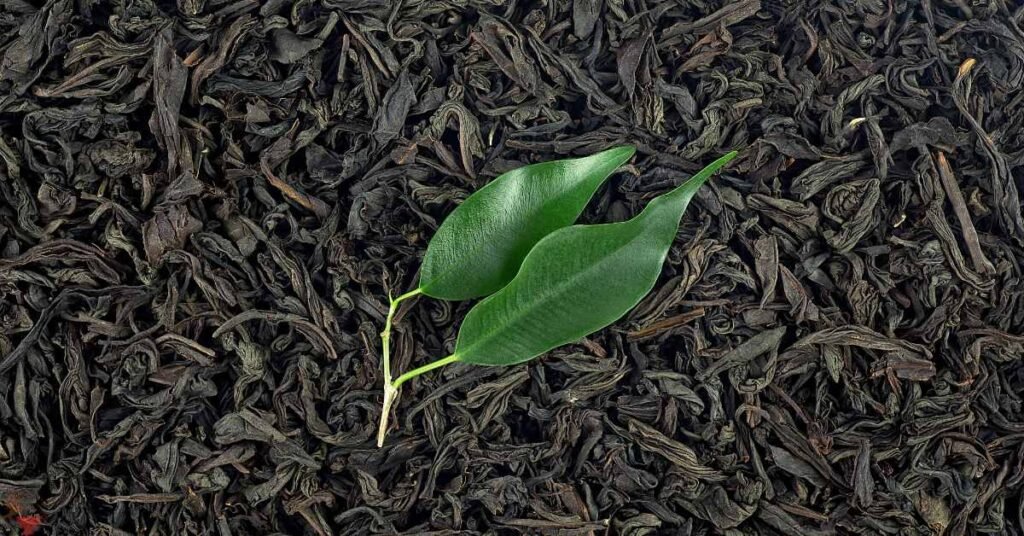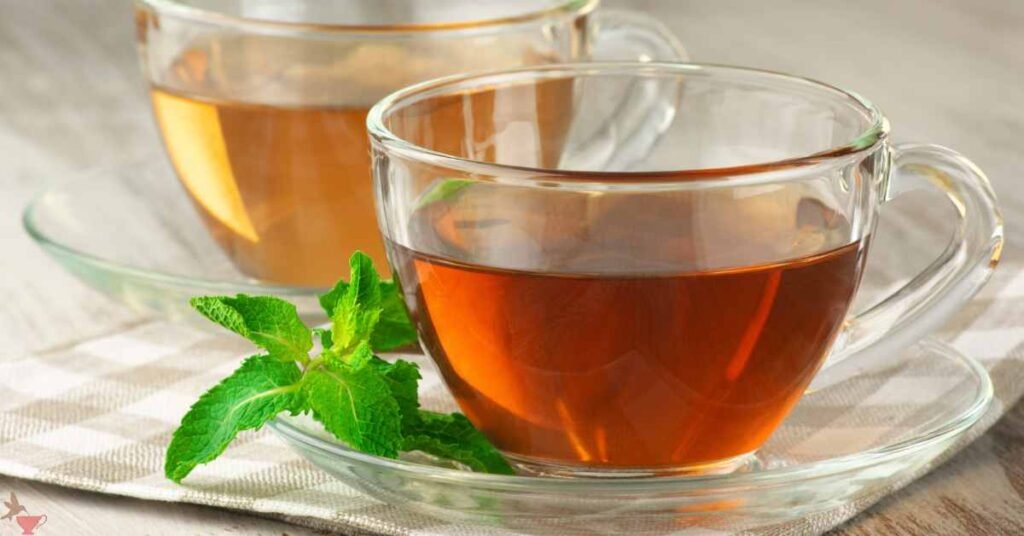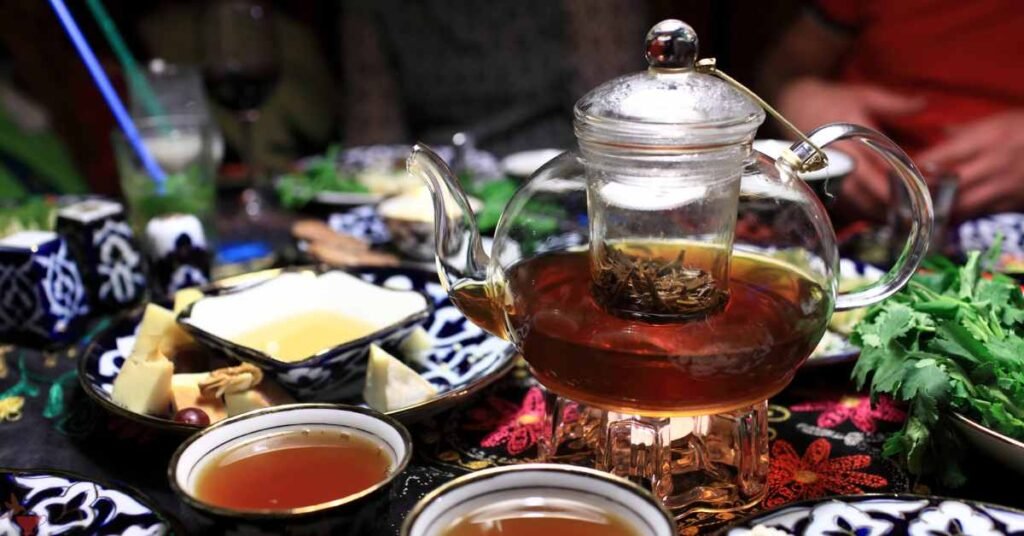Among the vast array of teas available, black tea stands out as the most liked and widely consumed type.
From the streets of London to the tea gardens of India, black tea has captured the hearts and taste buds of millions.
This article delves into the rich history, production, types, and health benefits of black tea, highlighting why it holds such a revered place in the world of tea.
A Brief History of Black Tea

Black tea’s journey began centuries ago in China during the Tang Dynasty (618–907 AD). Initially known as “red tea” due to its reddish-brown hue, it quickly gained popularity in China and beyond.
The tea made its way to Europe in the 17th century, brought by Dutch and Portuguese traders.
By the 18th century, black tea had become a staple in British society, leading to the establishment of vast tea plantations in India, Sri Lanka, and Africa by the British East India Company.
The Production Process
The production of black tea involves several meticulous steps that differentiate it from other types of tea, such as green or white tea. The process includes:
- Withering: Freshly plucked tea leaves are spread out to reduce moisture content.
- Rolling: The withered leaves are rolled to break the cell walls, releasing essential oils and enzymes.
- Oxidation: Rolled leaves are exposed to air, allowing oxidation to occur. This process gives black tea its characteristic dark color and rich flavor.
- Firing: The oxidized leaves are dried using heat to stop the oxidation process and lock in the flavors.
Black tea is the most widely consumed tea variety globally, accounting for approximately 78% of the world’s tea consumption. The leading black tea drinkers are found in countries such as China, India, the United Kingdom, and the United States.
In China, while green tea is traditionally more popular, black tea consumption has significantly increased. India, as the world’s largest producer of black tea, sees it as a staple in daily life, with a significant portion of its population enjoying it in the form of chai.
The United Kingdom, renowned for its love of tea, has a long-standing tradition of black tea consumption, particularly in the form of afternoon tea and breakfast blends.
In the United States, black tea is the preferred choice for iced tea, which is a popular refreshment, especially in the southern states.
This widespread preference for black tea across different cultures and regions underscores its global appeal and versatility.
Types of Black Tea

Black tea comes in various types, each with its unique flavor profile and characteristics.
Some of the most popular types include:
- Assam: Originating from the region of Assam in India, this tea is known for its malty flavor and dark color.
- Darjeeling: Often referred to as the “Champagne of Teas,” Darjeeling tea from the foothills of the Himalayas offers a delicate, floral aroma and a light, muscatel flavor.
- Ceylon: Ceylon tea is distinguished by its bright, brisk flavor and citrusy notes.
- Earl Grey: A blend of black tea and bergamot oil, this tea is famous for its fragrant, citrusy flavor.
- English Breakfast: A robust, full-bodied blend often enjoyed with milk and sugar, English Breakfast tea is a staple in many households.
Health Benefits of Black Tea
Black tea is not only beloved for its taste but also for its numerous health benefits. Some of the key benefits include:
- Antioxidant Properties: Black tea is rich in antioxidants, such as polyphenols and catechins, which help combat oxidative stress and reduce the risk of chronic diseases.
- Heart Health: Regular consumption of black tea has been linked to improved cardiovascular health, including reduced cholesterol levels and lower blood pressure.
- Mental Alertness: The moderate caffeine content in black tea can enhance mental alertness and concentration without the jittery effects associated with coffee.
- Digestive Health: Black tea can aid in digestion and promote a healthy gut microbiome.
- Weight Management: Compounds in black tea may help boost metabolism and assist in weight management.
Cultural Significance

Black tea holds a special place in the cultural and social fabric of many countries.
In Britain, the tradition of afternoon tea, complete with finger sandwiches, scones, and a pot of black tea, is a cherished ritual.
In India, chai—a spiced tea made with black tea, milk, sugar, and various spices—is an integral part of daily life.
Similarly, in China, black tea is often enjoyed in elaborate tea ceremonies that emphasize mindfulness and the appreciation of tea’s subtleties.
Final Word
Black tea’s enduring popularity can be attributed to its rich history, diverse flavors, and numerous health benefits.
Whether enjoyed as a strong morning brew, a calming afternoon cup, or a comforting evening drink, black tea continues to be the most liked tea in the world.
Its versatility and cultural significance make it more than just a beverage—black tea is a global tradition, a source of comfort, and a symbol of hospitality.
So, the next time you sip on a cup of black tea, remember that you are partaking in a tradition that spans centuries and continents, connecting people from all walks of life.
MEDICAL DISCLAIMER
Itsnevernotteatime.com cannot and does not contain medical/health advice. The medical/health information is provided for general and educational purposes only and is not a substitute for professional advice.




